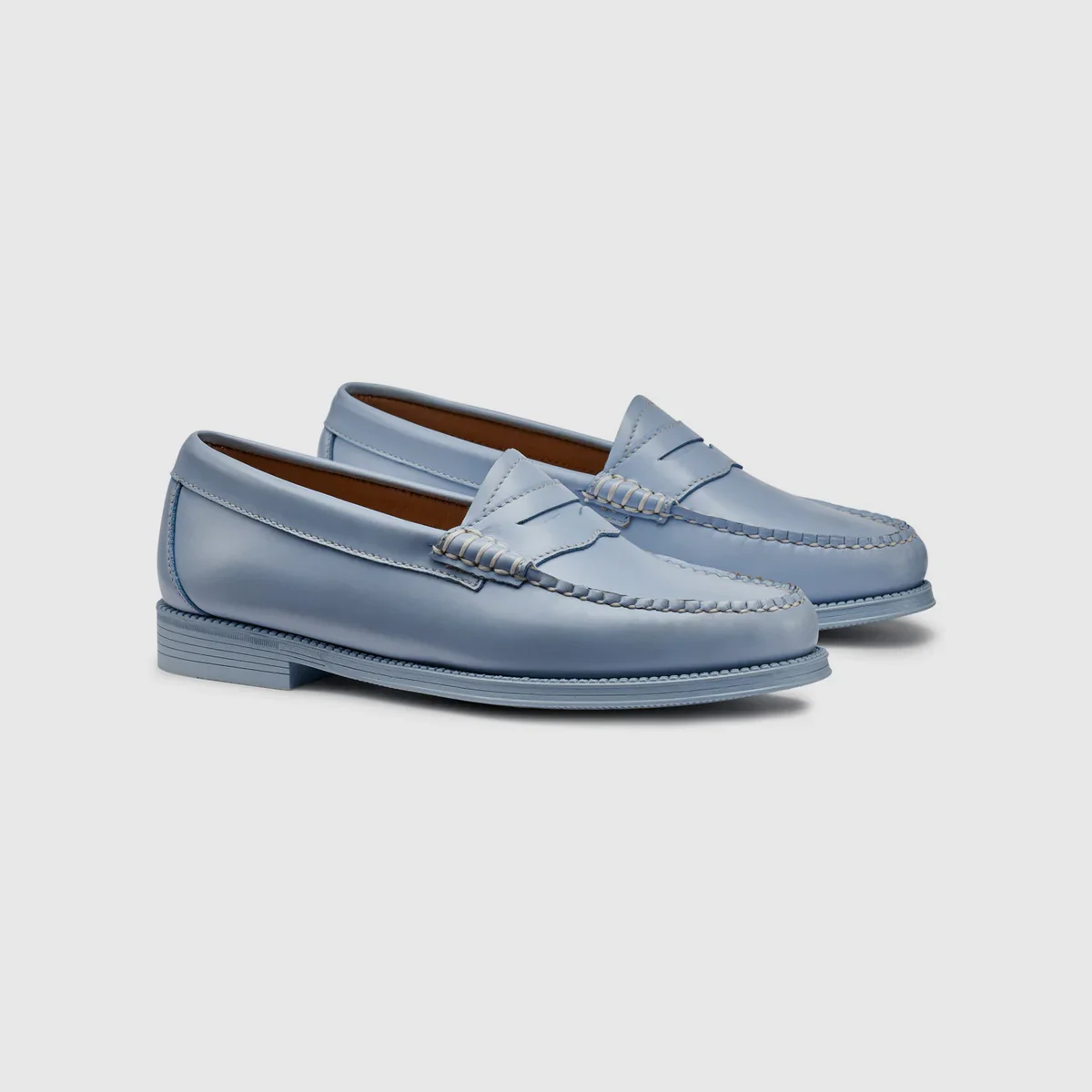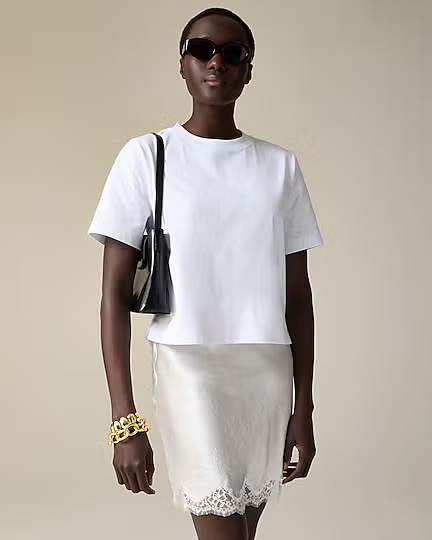
A federal appeals court has ruled that banning an employee from wearing their hair in locs is not racial discrimination.
In a 3-0 decision, the 11th Circuit Court of Appeals dismissed a cased brought by the Equal Employment Opportunity Commission against a company that refused a hire a woman because she wouldn’t cut off her locs.
According to the Wall Street Journal, Chastity Jones applied to work at Catastrophe Management Solutions in 2010 and was initially hired, but the role came with one condition. Jones was told that she’d have to cut off her locs in order to comply with the company’s grooming policy. She refused to do so and the job offer was rescinded.
WANT MORE FROM ESSENCE? Subscribe to our daily newsletter for the latest in hair, beauty, style and celebrity news.
The EEOC alleged in its case that banning dreadlocks was racial discrimination, “prohibition of dreadlocks in the workplace constitutes race discrimination because dreadlocks are a manner of wearing the hair that is physiologically and culturally associated with people of African descent.” The EEOC said that the argument was based on an understanding of race as “a social construct” that “has no biological definition.”
According to the 11the Circuit, during oral argument the EEOC “asserted that if a white person chose to wear dreadlocks as a sign of racial support for her black colleagues, and the employer applied its dreadlocks ban to that person, she too could assert a race-based disparate treatment claim.”
Similar cases have been presented before and while federal law bans employment discrimination based on race, courts have interpreted race as skin color and fixed traits. This is the definition the court used to decide the case.
Circuit Judge Adalberto Jordan wrote that while the court recognizes that the definitions and understanding of race can change over time, “We would be remiss if we did not acknowledge that, in the last several decades, there have been some calls for courts to interpret Title VII more expansively by eliminating the biological conception of ‘race’ and encompassing cultural characteristics associated with race,” adding that the court was reluctant to take a path that no court has taken before.






“As far as we can tell, every court to have considered the issue has rejected the argument that Title VII protects hairstyles culturally associated with race,” he wrote.
An EEOC spokeswoman stated, “We believe the court was incorrect when it held that the employer’s actions could not be proven to be race discrimination. We are reviewing our options.”
![]()







